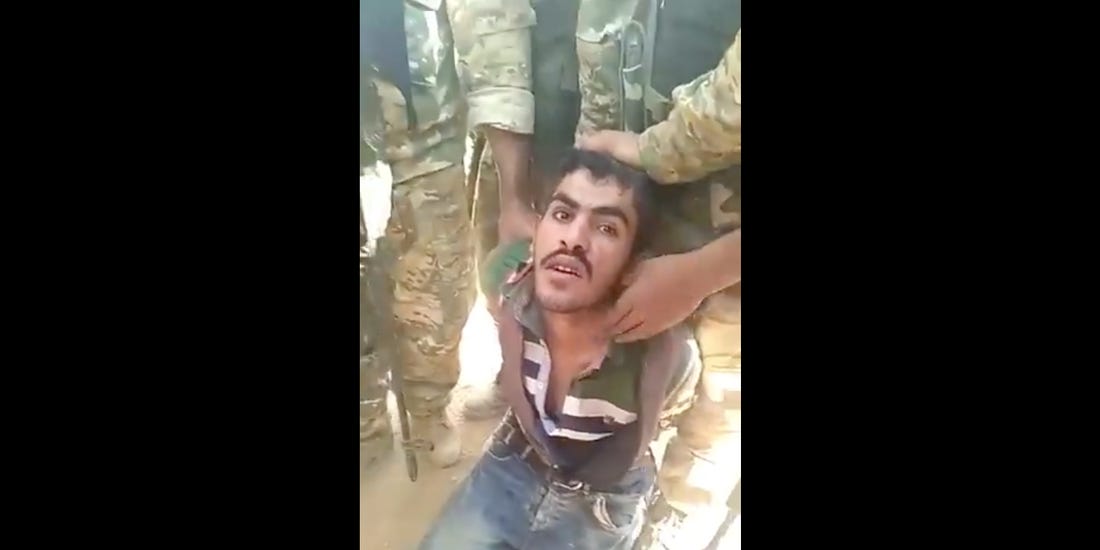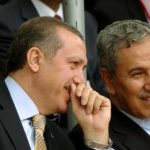A top American diplomat on the ground in northern Syria has criticized the administration of President Donald Trump for not trying harder to prevent Turkey’s military offensive there last month and said Turkish-backed militia fighters committed “war crimes and ethnic cleansing,” according to The New York Times.
In a searing internal memo, the diplomat, William V. Roebuck, raised the question of whether tougher American diplomacy, blunter threats of economic sanctions and increased military patrols could have deterred Turkey from attacking. Similar measures had dissuaded Turkish military action before.
“It’s a tough call, and the answer is probably not,” Mr. Roebuck wrote in the 3,200-word memo. “But we won’t know because we didn’t try.” He did note several reasons the Turks might not have been deterred: the small American military presence at two border outposts, Turkey’s decades-long standing as a NATO ally and its formidable army massing at the Syrian frontier.
In an unusually blunt critique, Mr. Roebuck said the political and military turmoil that upended the administration’s policy in northern Syria — and left Syrian Kurdish allies abandoned and opened the door for a possible Islamic State in Iraq and the Levant (ISIL) resurgence — was a “sideshow” to the bloody, years-long upheaval in Syria overall.
But, he said, “it is a catastrophic sideshow and it is to a significant degree of our making.”
Roebuck, a respected 27-year diplomat and former United States ambassador to Bahrain, sent the unclassified memo on Oct. 31 to his boss, James F. Jeffrey, the State Department’s special envoy on Syria policy, and to about four dozen State Department, White House and Pentagon officials who work on Syria issues. Roebuck is Jeffrey’s deputy.
The New York Times obtained a copy of the memo from someone who said it was important to make Roebuck’s assessment public.
“Turkey’s military operation in northern Syria, spearheaded by armed Islamist groups on its payroll, represents an intentioned-laced effort at ethnic cleansing,” Roebuck wrote, calling the abuses “what can only be described as war crimes and ethnic cleansing.”
“One day when the diplomatic history is written,” he said, “people will wonder what happened here and why officials didn’t do more to stop it or at least speak out more forcefully to blame Turkey for its behavior: an unprovoked military operation that has killed some 200 civilians, left well over 100,000 people (and counting) newly displaced and homeless because of its military operation.”
Roebuck continued, “To protect our interests, we need to speak out more forcefully, publicly and privately, to reduce the blame placed on the U.S. and to highlight the Turkish responsibilities for civilian well-being.”
By acting now, Roebuck wrote, “we have a chance to minimize the damage for us and hopefully correct some of the impact of Turkey’s current policies, as we seek to implement the president’s guidance for our presence in northeastern Syria.”
Turkey had conducted a two-week-long military offensive in northeastern Syria to clear the region of Kurdish militia. It ended after a series of talks with the leaders of the United States and Russia.



